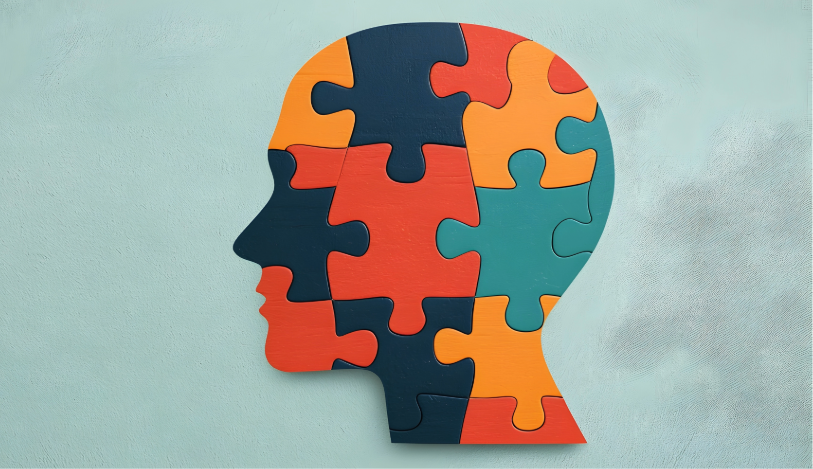South Korea topped the list for the third year in a row. Niger and the Central African Republic came in last. Officials forecast that almost 40% of the world's population would be online by the end of the year. But they warned that the relative high cost of net access in developing countries was restricting uptake and causing a "digital divide".
They said 90% of the globe's 1.1 billion households not yet connected to the net were in the developing world, and highlighted a group of 39 countries - most of which are in Africa - they said were not making enough progress to roll out information and communications technologies (ICT). As a result, they warned that at current growth rates it was unlikely that the UN Broadband Commission's 2015 targets for global internet use would be achieved.
The ICT Development Index is based on 11 indicators measuring internet access, use and skills. It is compiled on an annual basis by the International Telecommunication Union - a United Nations agency dedicated to expanding connectivity.
Its 2012 report noted that a high level of competition had helped the UK rise up its scoreboard, with the country enjoying some of the world's cheapest fixed and mobile broadband rates, based on a comparison of subscription costs versus income.
Source: BBC News









